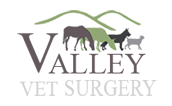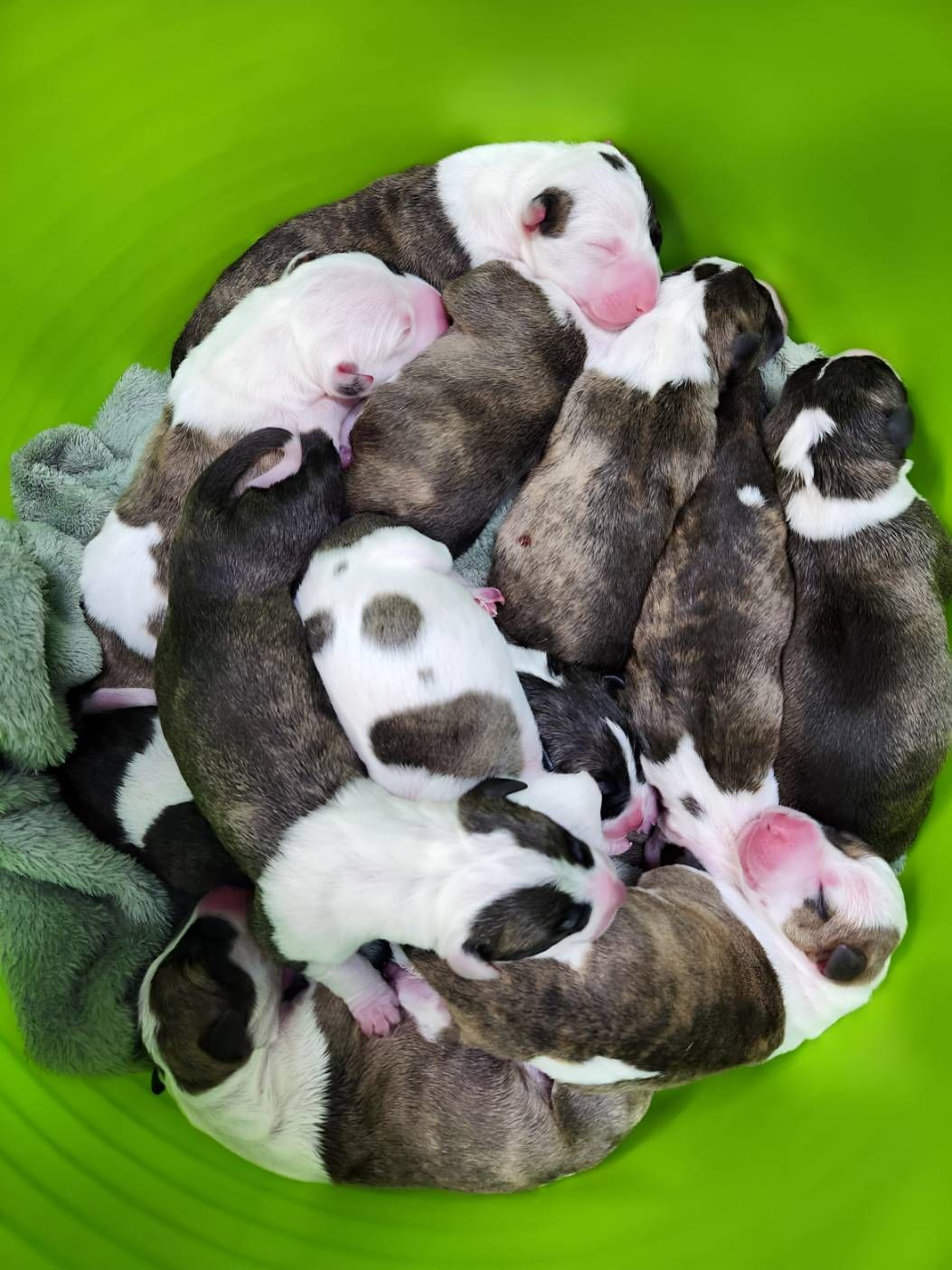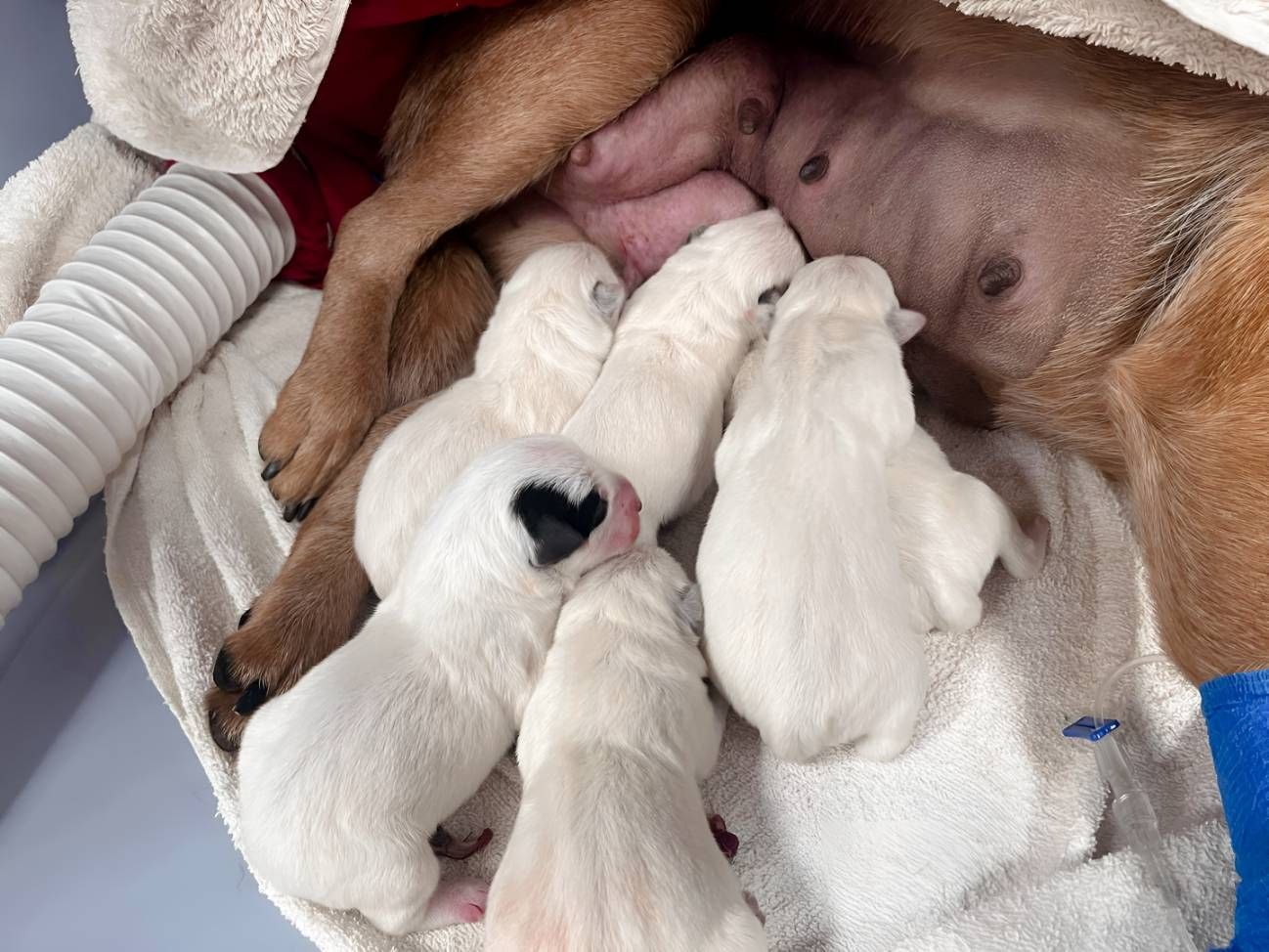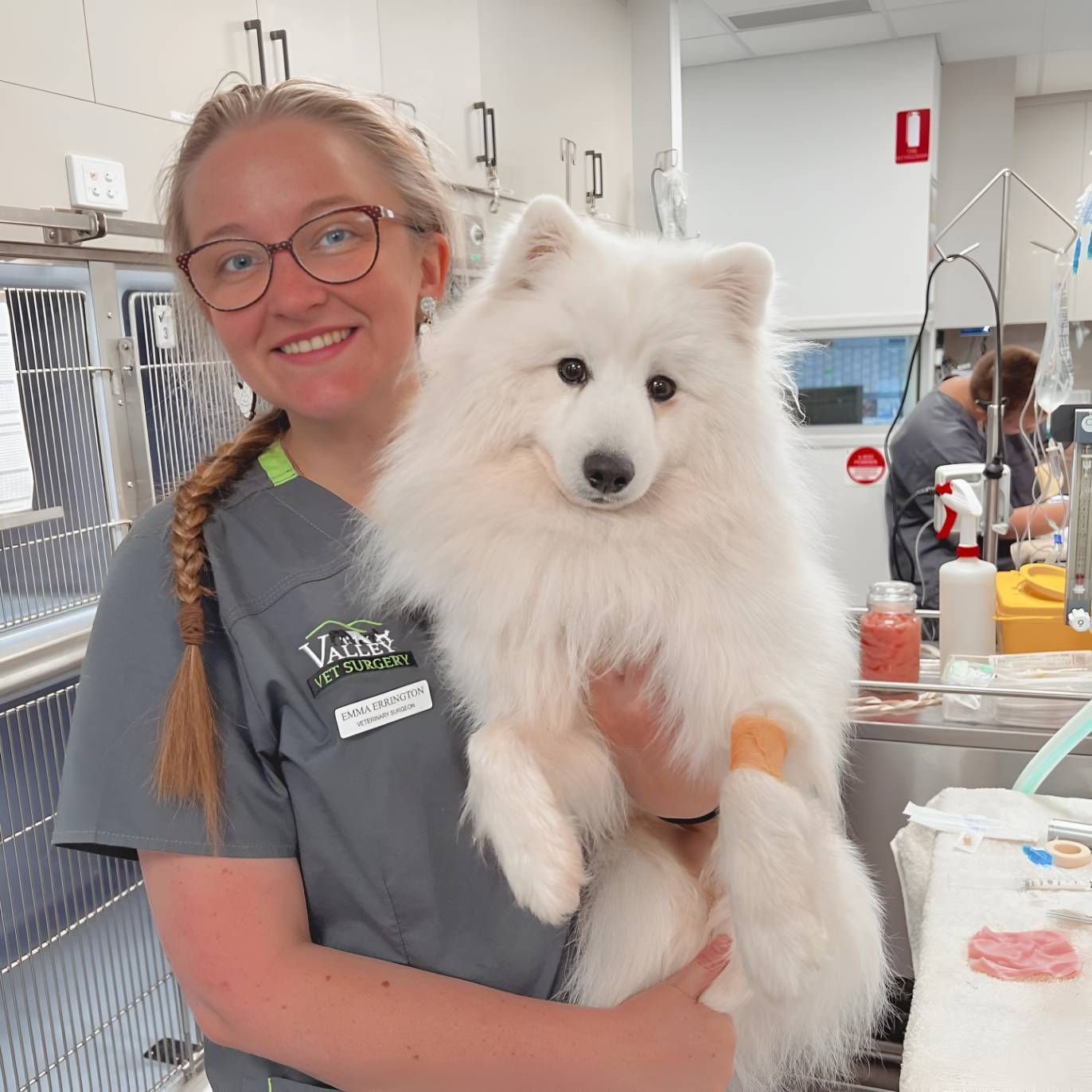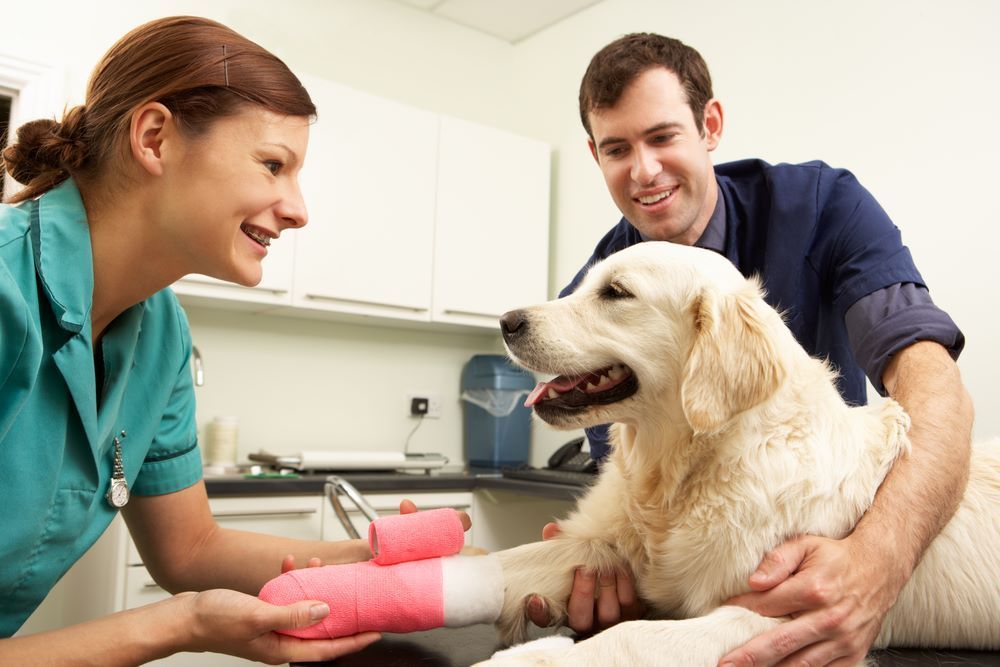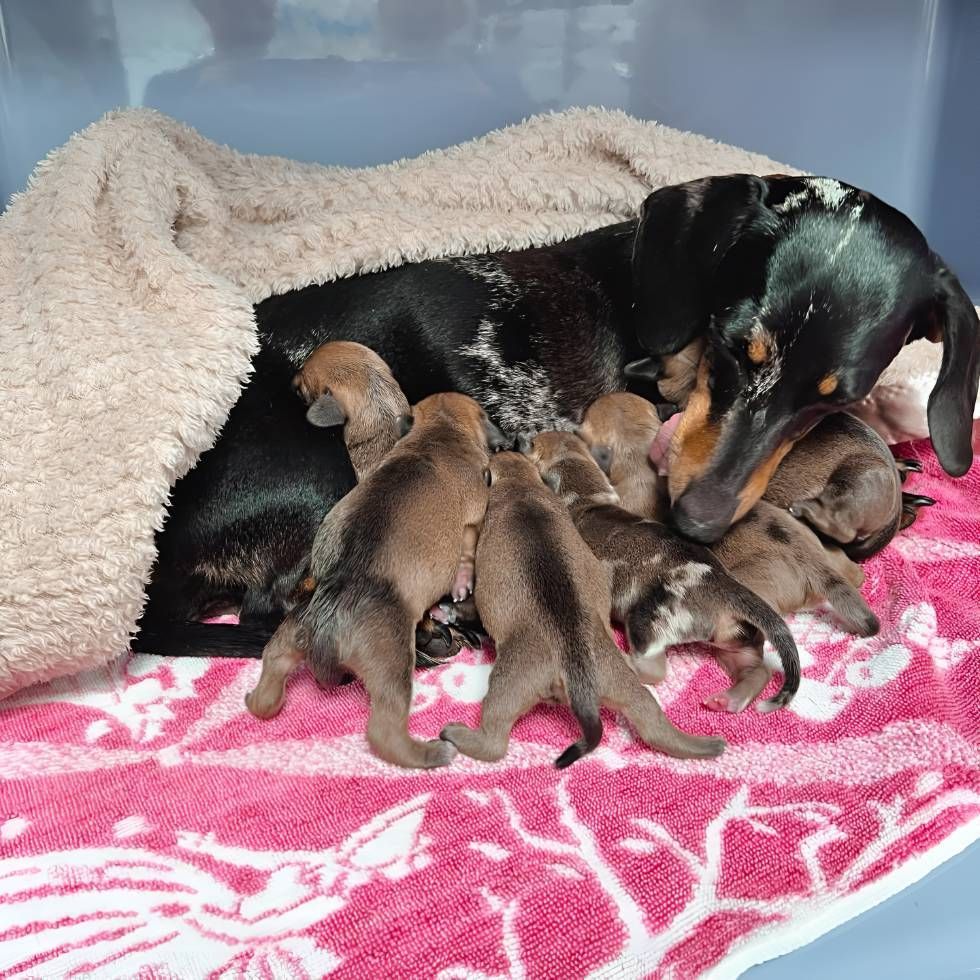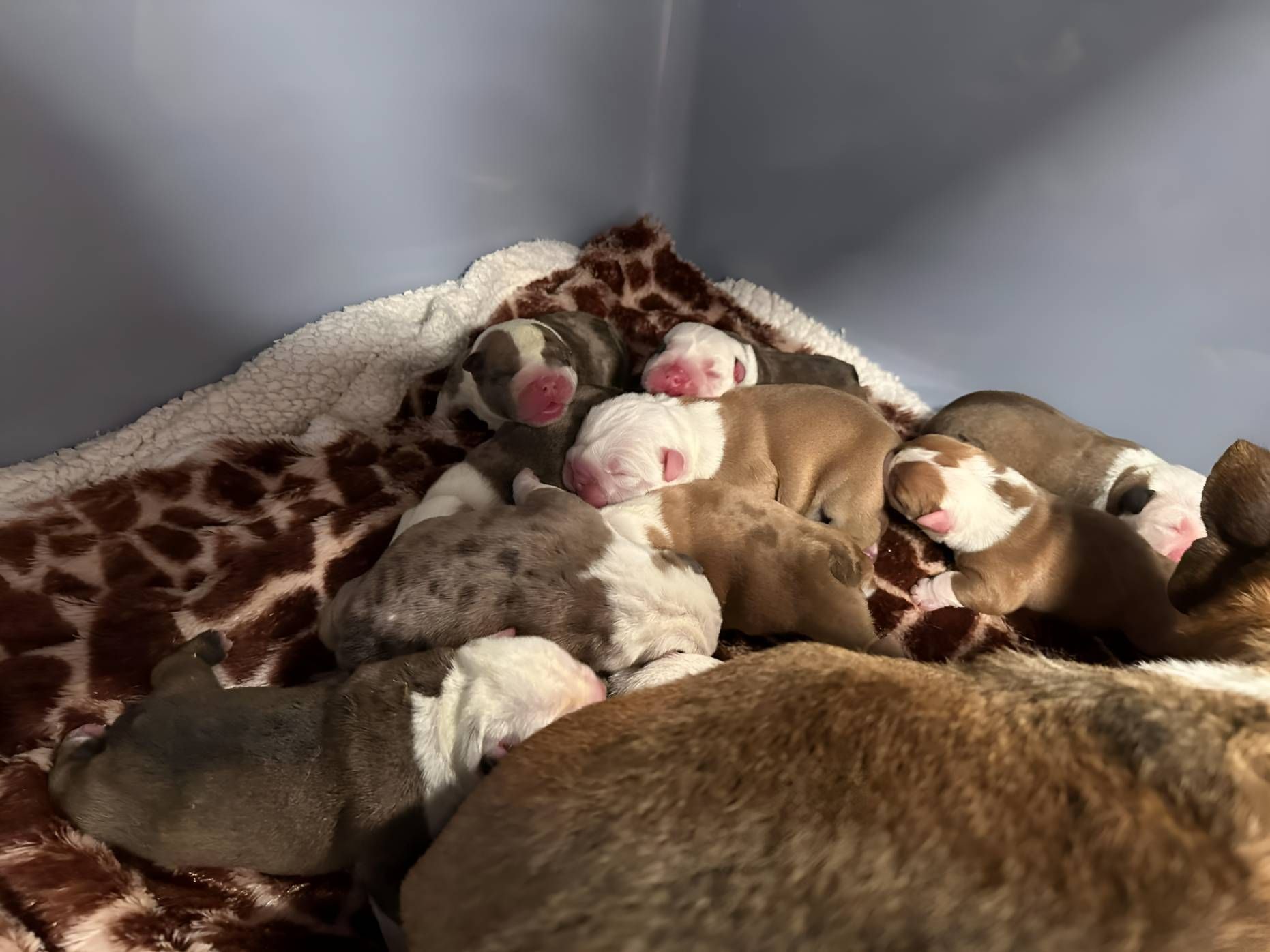Dog Pregnancy
Canine Reproduction & Pregnancy Care
At Valley Vet Surgery, we provide comprehensive care for all stages of dog pregnancy, supporting your canine companion throughout this important journey. With services available in Mackay, Walkerston, and Marian, our experienced team offers tailored advice and diagnostics, including pregnancy ultrasounds, to monitor the health and progress of your dog and her puppies.
In addition to canine reproductive care, we offer other services to keep your pets healthy, including microchipping, parasite prevention, and weight management. Our team also provides consultations on nutrition and overall health to support your dog’s well-being during and after pregnancy.
Whether you’re a first-time breeder or experienced in canine reproduction, we are here to assist with every step of the process. Contact Valley Vet Surgery today to discuss your dog’s needs or book an appointment
online. Your pet’s health is our priority.
Family Owned & Operated
Over 20 Years of Pet Health Care
Three Convenient Locations
Small & Large Animals
Book an Appointment Today
Need to save time? Book Online! Book your pet in for a vaccination or consultation in Marian, Mackay or Walkerston.
During Pregnancy
Pregnant dogs should stay active with moderate exercise. In the first 4 weeks, maintain normal food intake. From weeks 5-8, increase food by 20-50% based on the dog’s appetite. Consider feeding premium puppy food from week 6 until weaning.
Preparing for Birth: The normal gestation period is 63 days. Set up a secure, comfortable whelping box (24"x24" for small dogs, 40"x40" for large dogs) 1-2 weeks before birth. Help the dog get used to it by feeding her in the box.
Signs of Labor: 1-2 days before delivery, a dog’s temperature drops. She may become restless, stop eating, and urinate more frequently. A whelping box will help reduce anxiety.
Labour & Delivery: True labour starts with straining, similar to a bowel movement. If delivery doesn’t progress after 45 minutes of straining, call a vet. Puppies should be born head-first, and the mother typically breaks the sac. If she doesn’t, clean the pup’s nose and mouth to start breathing. Healthy pups should begin nursing immediately.
Complications
Uterine Inertia: Labor slows or stops. This is more common in small breeds or anxious dogs. If no contractions occur within 3 hours, call a vet. Minimise stress and distractions to prevent it.
Eclampsia (Milk Fever): Caused by low calcium levels, leading to symptoms like nervousness, hyperventilation, and convulsions. Seek immediate vet help if suspected.
After Delivery: The mother should care for and nurse the pups. Return to normal eating within 24 hours.
Surgery
Our surgery performs both routine and complex procedures, utilizing state-of-the-art equipment for surgery and anaesthetic monitoring, ensuring your pet’s safety during their procedure.
Routine Desexing: We recommend desexing dogs and cats at 5-6 months to prevent behavioural and medical issues, and to avoid unwanted litters. Desexing does not alter personality but may help reduce aggression and prevent undesirable behaviours. It also does not cause weight gain, though pets may require less food post-surgery. Desexing can be done before the first season for females to prevent health issues, such as mammary cancer. Pain relief is provided before and after the procedure.
Soft Tissue Surgery: We perform a range of soft tissue surgeries, including caesarean sections, lump removals, wound repairs, skin grafting, and abdominal surgery.
Orthopaedic Surgery
We offer a full range of orthopaedic surgeries, including procedures for tibial plateau levelling osteotomy (TPLO), cruciate disease, elbow and hip dysplasia, shoulder lameness, fracture repair, and joint replacement. If necessary, we may refer your pet to a specialist for the best care.
Radiography Services
At Valley Veterinary Surgery, we use a high-quality digital radiograph machine to examine your pet’s internal health. Radiographs help diagnose a variety of conditions affecting both bones and soft tissues.
Radiographs are safe for your pet and can be done with a light sedative to ensure they remain calm and relaxed.
Bone Conditions: Radiographs can detect fractures, osteoarthritis, bone cancer, cruciate ligament ruptures, spinal issues, and dislocations.
Soft Tissue Conditions: They are also useful for diagnosing heart enlargement, pneumonia, cancer, stomach or intestinal foreign bodies, kidney disease, bladder stones, and constipation.
What to Expect: Most pets are admitted for the day to have their radiographs taken, unless it's an emergency. We ask that your pet be brought in unfed, as they may need sedation or anaesthesia for the best quality images. After the procedure, we will contact you to discuss the results and treatment plan based on the radiographs.
Pathology
At Valley Veterinary Surgery, we offer on-site laboratory testing for quick results, allowing us to diagnose conditions like kidney and liver disease, infections, diabetes, and certain cancers. Common tests include blood work, urinalysis, and faecal exams.
Our in-house lab also supports your pet’s safety before surgery by checking liver and kidney function. Regular tests, especially for senior pets, can detect issues early, improving long-term health. For specialized tests, results may take up to 14 days. We’ll keep you informed and discuss the best treatment options for your pet.
